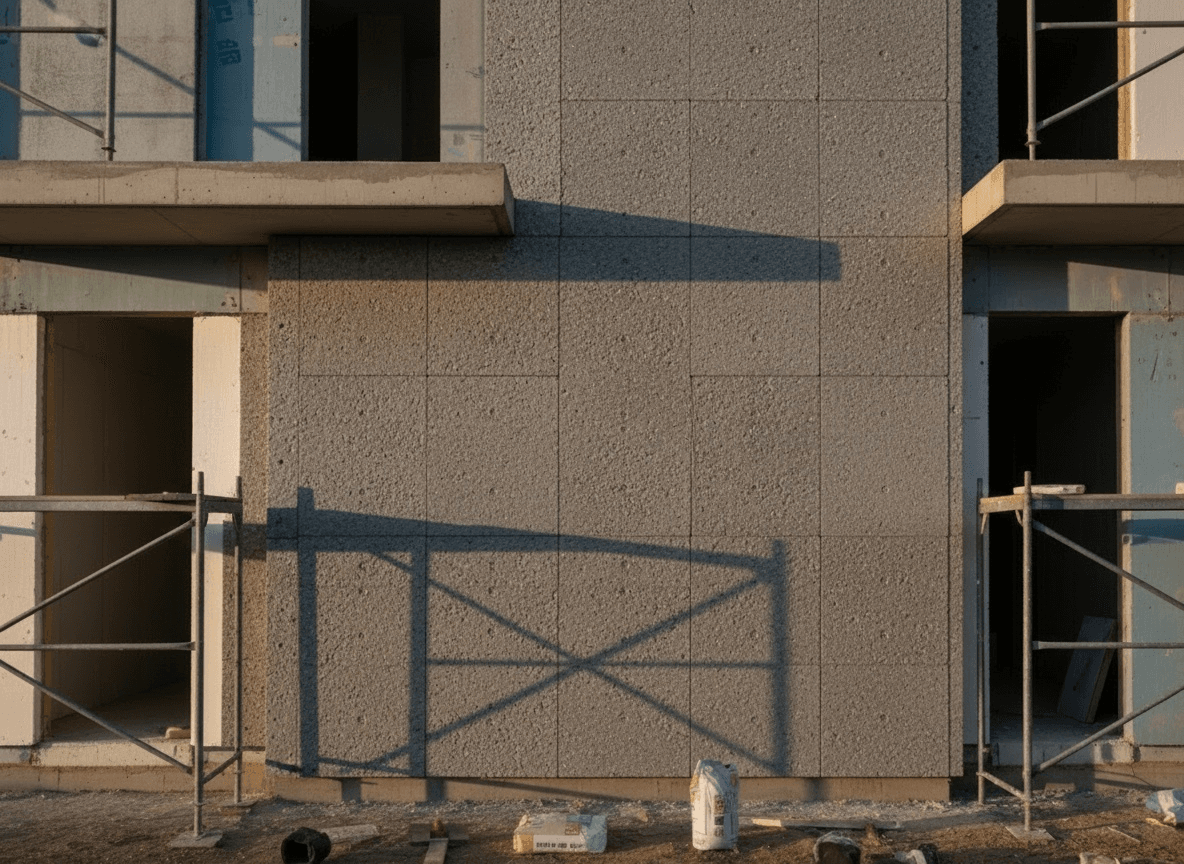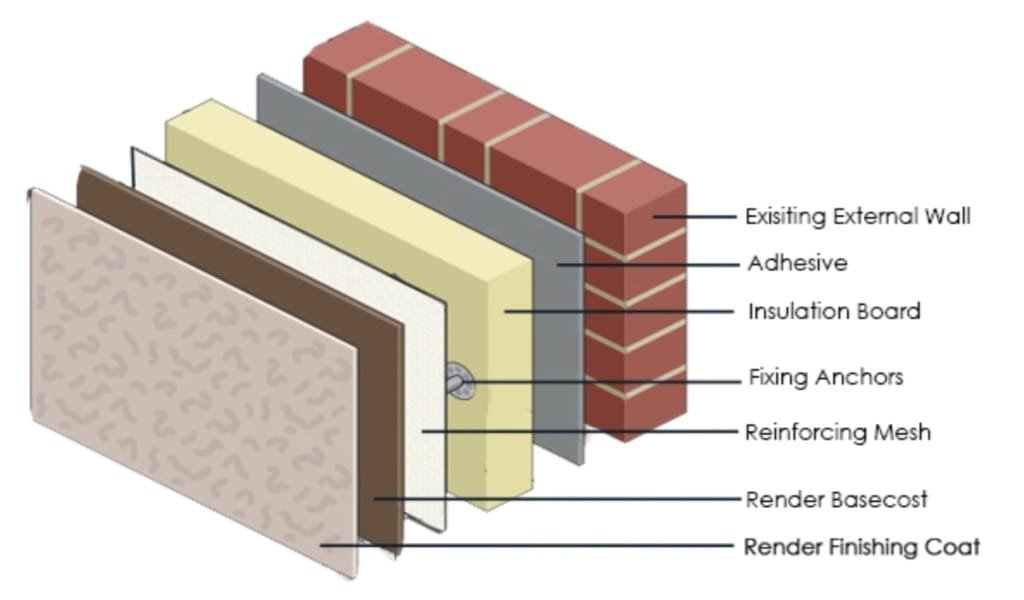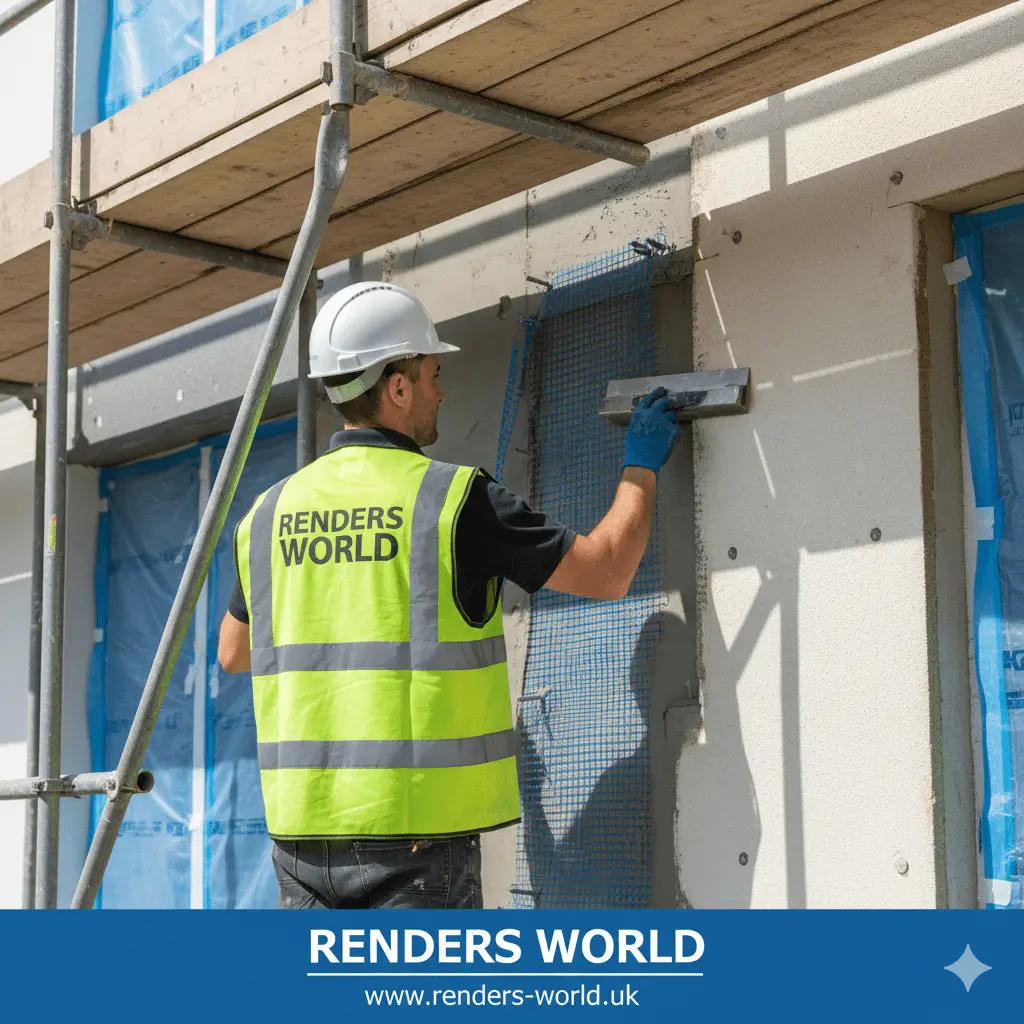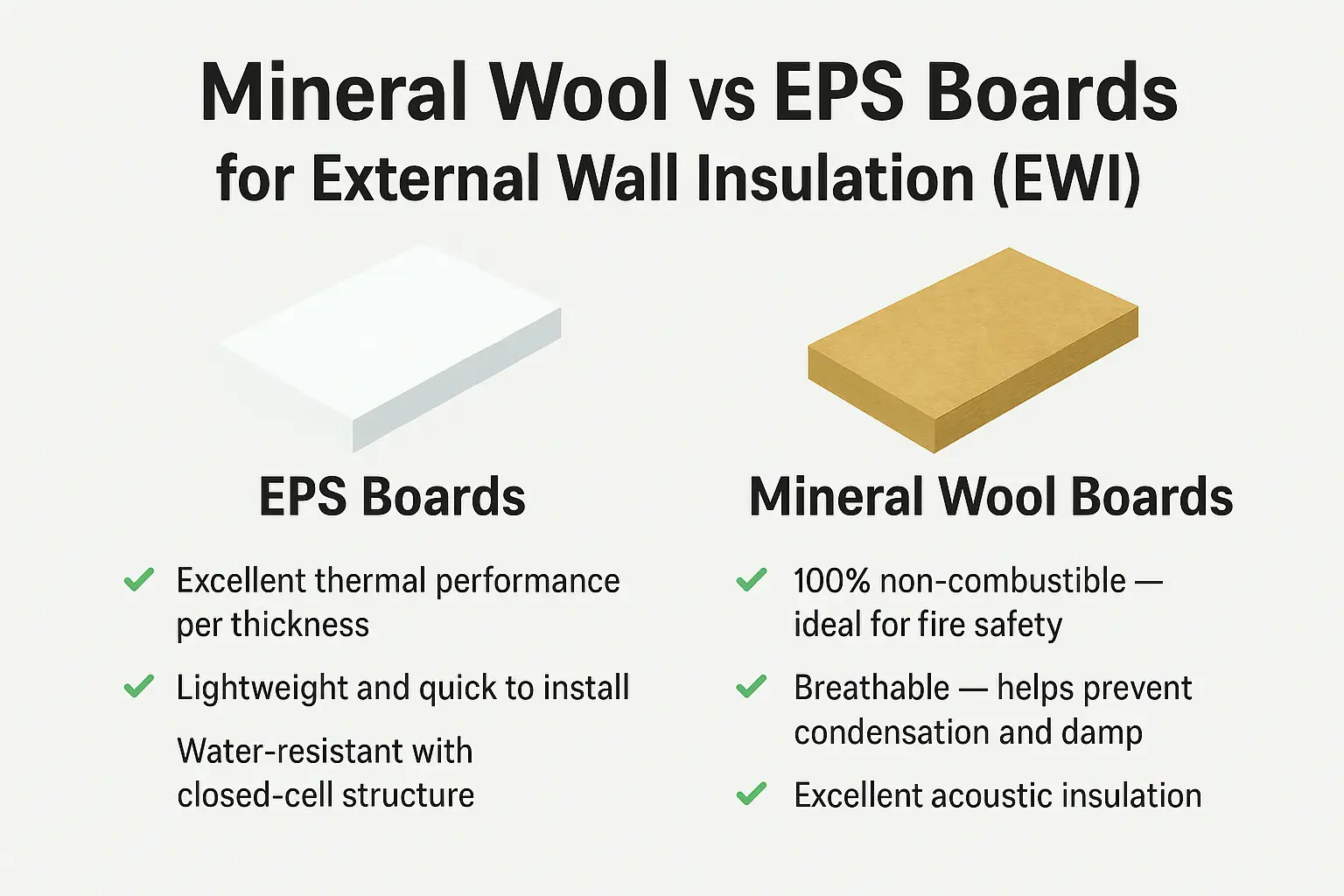What is eps board?
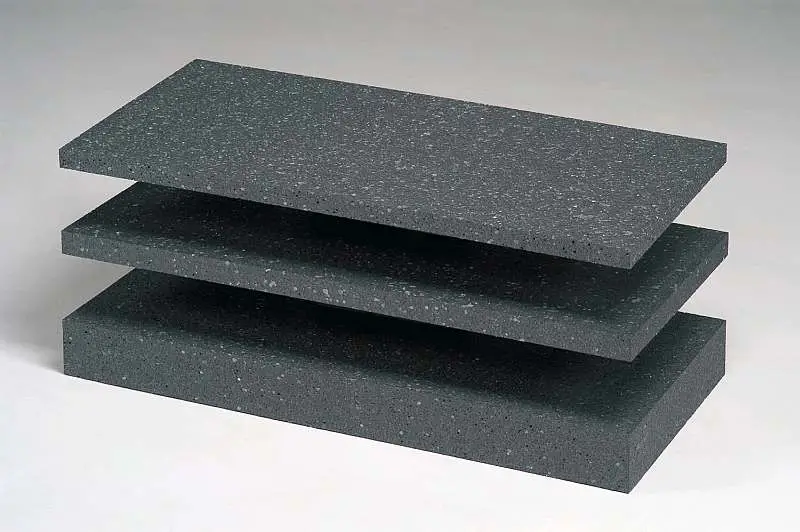
EPS board, or expanded polystyrene board, is a lightweight insulation material made from expanded polystyrene beads fused into rigid foam panels. Builders use it in walls, roofs, floors, and other structures. EPS boards provide strong thermal insulation, good soundproofing, and fire resistance. They also absorb very little water, making them ideal for humid environments.
Key Benefits of EPS Board
EPS boards offer several clear advantages over traditional materials like wood or concrete. They are lightweight yet durable, allowing for easy handling and quick installation. Their insulation performance helps reduce energy costs by maintaining stable indoor temperatures. EPS boards also resist moisture, making them perfect for bathrooms, kitchens, or external walls. Once installed, they require very little maintenance over time.
Possible Drawbacks
Despite their benefits, EPS boards do have a few downsides. They tend to cost more than basic materials such as wood or concrete. Cutting them into complex shapes can be tricky because of their rigid structure. EPS boards may also perform less efficiently in extreme heat or cold, where other insulation types might offer better results.
Common Uses for EPS Boards
EPS boards are widely used across residential, commercial, and industrial construction.
- Walls and roofs: for thermal insulation and energy savings.
- Floors and ceilings: for lightweight structural reinforcement.
- Soundproofing: to lower noise levels in homes and offices.
- Formwork material: when dry-stacked and grouted, EPS boards serve as strong molds for concrete foundations and retaining walls.
Conclusion
EPS board remains one of the most versatile and efficient materials in modern construction. Its combination of light weight, strength, insulation, and moisture resistance makes it a smart choice for both new builds and renovations. While it may cost more upfront than wood or concrete, the long-term energy savings and durability often outweigh the initial expense.


